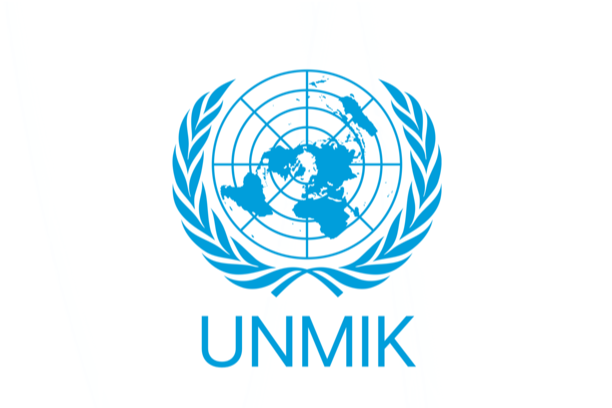By Ella Haeusgen
As of 20 June, we had been learning about Kosovo for roughly three weeks: its politics, its history, its people and cultures. When studying Kosovo, it is impossible to avoid the recurring theme of the important ongoing role of international actors. UNMIK (the United Nations Interim Administration Mission in Kosovo) is a particularly important yet controversial actor in Kosovo. While UNMIK representatives label UNMIK's influence as having 'birthed' Kosovo, it is often criticised by Kosovo's population and faces unfriendly opposition.
Throughout our Peace Lab course, we have learned about UNMIK's achievements in the immediate post-war period. However, we have also gained an understanding of UNMIK's shortcomings. The general perception of UNMIK is one of dislike, frustration and anger, as it has failed to achieve certain aims. With its top-down approach and its way of 'forcing democracy', as PM Kurti would later label it, UNMIK faces allegations of imposing certain conditions on the Kosovar population in a – perhaps – post-colonial manner.
Thus, when the day finally came to meet UNMIK, we had many questions. It was an exciting day for us, with both the (online) meeting with UNMIK and the meeting with Kosovo’s Prime Minister, Albin Kurti, scheduled back-to-back. This meant preparing for two meetings that required careful consideration and an open mind. We couldn’t let our existing perceptions guide us in these meetings; rather, we had to create space for other, new perspectives.
The UNMIK meeting itself was very interesting in parts; for example, we learned that there is a plan to build two more bridges in Mitrovica, a rather surprising plan that could have a significant impact on the city (although one might wonder why two more should be built if the current one is not working to bridge the communities). Moreover, we learnt about one of UNMIK’s achievements, namely the creation of the first dictionary since 1993. As we have learned, learning one’s language is crucial in the peacebuilding process and thus this is an important step.
However, overall, the class felt underwhelmed after the meeting. While we now had a better understanding of UNMIK’s work and its ongoing community building efforts, we were disappointed not to receive clear answers to our questions. When we tried to find out what motivates the peacekeepers, we received uninspiring answers, often delivered with a tone along the lines of, 'as long as there is a mandate and a budget, the mission will continue and we'll be here'. Nevertheless, it is understandable that UN personnel face many challenges and may eventually lose the enthusiasm and drive of students who are only at the beginning of this long journey to work towards a better world.
One day later, we met a woman who prefers to stay anonymous – an inspiring woman – who had worked for the UN in Kosovo for six years after the end of the war. She gave us another picture of the interaction between UN staff and the local population. It is a picture characterised by cultural diversity, openness on all sides, perhaps shyness, but also curiosity about the person on the other side and a strongly interwoven, local cooperation.
One day later, we met a woman who prefers to stay anonymous – an inspiring woman – who had worked for the UN in Kosovo for six years after the end of the war. She gave us another picture of the interaction between UN staff and the local population. It is a picture characterised by cultural diversity, openness on all sides, perhaps shyness, but also curiosity about the person on the other side and a strongly interwoven, local cooperation.
Things change over time and perhaps the truth lies in the middle of things. As Anne said after the meeting with UNMIK, there is a lot we don't know and we will probably never see the whole picture - if that is even possible. It's a frustrating and intractable situation: we don't really like the status quo, but it may be the best we have. It resembles the inherent compromise we find ourselves in when attempting to mitigate the complexity of human nature, be it in a democratic or humanitarian context.




No comments:
Post a Comment